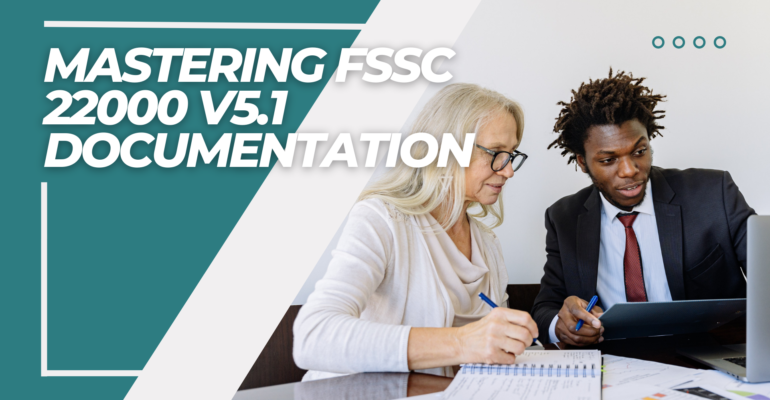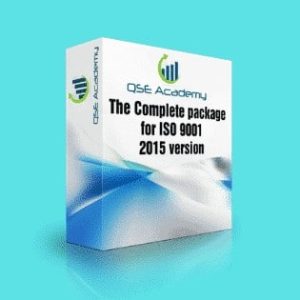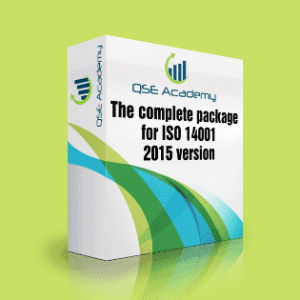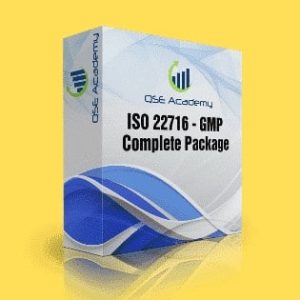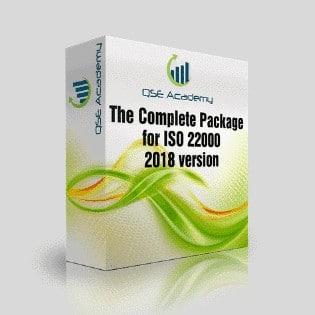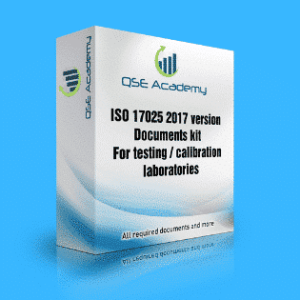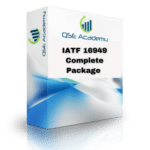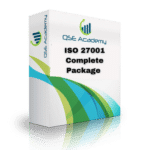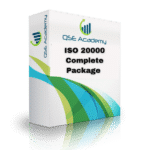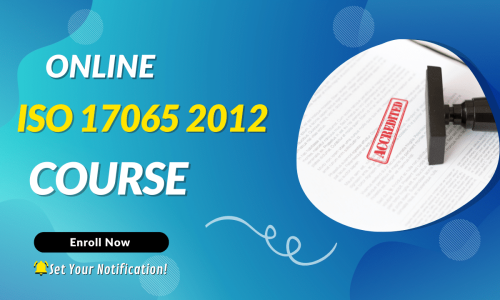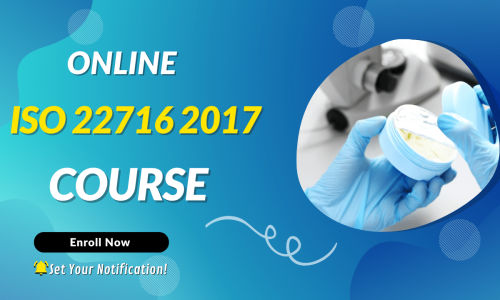Mastering FSSC 22000 V5.1 Documentation: A Practical Guide for Quality Managers
Understanding the Importance of FSSC 22000 V5.1 Documentation
Implementing FSSC 22000 V5.1 in your food safety management system is a significant step towards ensuring the highest level of food safety in your organization. To comply with this standard, you must establish, maintain, and continually improve a comprehensive documentation system. A well-structured documentation system not only facilitates compliance but also supports effective communication, traceability, and accountability.
Key Elements of FSSC 22000 V5.1 Documentation
To master FSSC 22000 V5.1 documentation, you must be familiar with its key elements, which include:
1. Food Safety Manual:
This comprehensive document outlines your organization’s food safety policies, objectives, procedures, and processes. It serves as a guide for employees, auditors, and stakeholders, ensuring that everyone is on the same page regarding food safety requirements.
2. Procedures and Work Instructions:
Detailed written instructions for all processes and activities related to food safety must be provided. These documents should be clear, concise, and easily accessible to all relevant employees.
3. Records and Forms:
Accurate record-keeping is vital for demonstrating compliance with FSSC 22000 V5.1 requirements. Records and forms must be consistently maintained and updated to provide evidence of your organization’s commitment to food safety.
Developing a Document Control System
A robust document control system is crucial for managing FSSC 22000 V5.1 documentation. This system should include processes for creating, reviewing, updating, and archiving documents. Key features of an effective document control system include:
1. Unique document identification:
Assign unique identification numbers to each document to ensure easy retrieval and traceability.
2. Approval and review processes:
Establish procedures for reviewing and approving documents before distribution, as well as periodic reviews to ensure their continued relevance and effectiveness.
3. Document distribution and access:
Ensure that relevant employees have access to the most current versions of documents, and that obsolete documents are removed from circulation.
4. Archiving and retention:
Determine how long documents should be retained, and establish a process for archiving and securely disposing of outdated documents.
Smith’s Food Group
Smith’s Food Group, a leading food processing company in the USA, faced challenges in managing its FSSC 22000 V5.1 documentation. By implementing a centralized document management system, they streamlined their documentation processes, reduced duplication, and improved accessibility for all employees. This new system helped them achieve and maintain FSSC 22000 V5.1 certification, demonstrating their commitment to food safety excellence.
Training and Employee Engagement
Effective FSSC 22000 V5.1 documentation relies on well-trained employees who understand their roles and responsibilities. Regular training and reinforcement of food safety principles are essential for maintaining a strong food safety culture.
Consider the following strategies for engaging employees in your documentation efforts:
1. Provide ongoing training and support:
Offer regular training sessions to ensure employees stay up-to-date with the latest food safety requirements and best practices.
2. Encourage ownership and accountability:
Empower employees to take responsibility for their part in maintaining food safety documentation, fostering a sense of ownership and pride in their work.
3. Communicate the value of documentation:
Help employees understand how effective documentation contributes to the overall success and reputation of the organization.
Auditing and Continuous Improvement
Regular internal and external audits are necessary to assess the effectiveness of your FSSC 22000 V5.1 documentation system and identify areas for improvement. Continuous improvement is a core principle of FSSC 22000 V5.1, and regular audits help ensure that your documentation remains up-to-date, relevant, and compliant.
Leveraging Technology for Efficient Documentation Management
In today’s digital age, technology can play a significant role in streamlining your FSSC 22000 V5.1 documentation processes. Implementing a digital document management system (DMS) can help you:
1. Centralize document storage:
Store all your FSSC 22000 V5.1 documentation in a single, secure location that is easily accessible to relevant employees.
2. Automate workflows and approvals:
Streamline document review, approval, and distribution processes through automated workflows.
3. Enhance traceability and version control:
Track changes, revisions, and approval history with ease, ensuring that only the most recent versions of documents are in circulation.
4. Simplify audit preparation:
Generate comprehensive reports and quickly retrieve necessary documents during audits, saving time and effort.
Tips for a Successful FSSC 22000 V5.1 Documentation System
To ensure the success of your FSSC 22000 V5.1 documentation system, consider these tips:
1. Keep it simple:
Use clear language and straightforward instructions to make your documentation easy to understand and follow.
2. Be consistent:
Ensure uniformity in document formatting, numbering, and language to minimize confusion and errors.
3. Stay up-to-date:
Regularly review and update your documentation to reflect changes in your organization, industry, or regulatory requirements.
4. Involve your team:
Engage employees at all levels in the documentation process to foster a sense of ownership and commitment to food safety.
Your Partner in FSSC 22000 V5.1 Documentation Success
As an ISO Food Safety consultant with 15 years of experience, I’ve helped countless organizations like yours master their FSSC 22000 V5.1 documentation systems. If you’re looking for expert guidance on creating, maintaining, and improving your documentation, look no further! With my ISO documentation preparation service, you’ll receive personalized assistance tailored to your organization’s unique needs.
Addressing Common FSSC 22000 V5.1 Documentation Challenges
During my years as an ISO Food Safety consultant, I’ve encountered numerous challenges faced by organizations while implementing FSSC 22000 V5.1 documentation systems. Here are some common issues and their solutions:
1. Resistance to change:
Employees may resist adopting new processes or documentation systems. To overcome this challenge, provide comprehensive training, encourage open communication, and involve employees in the implementation process.
2. Insufficient resources:
Limited time, budget, or personnel can hinder the implementation of a robust documentation system. Consider prioritizing key documents, seeking external support, or leveraging technology to optimize resource usage.
3. Inadequate documentation control:
Ensure proper document control by establishing clear procedures, assigning responsibilities, and regularly reviewing and updating documents.
Integrating FSSC 22000 V5.1 Documentation with Other Management Systems
Many organizations implement multiple management systems, such as ISO 9001 (Quality Management) and ISO 14001 (Environmental Management). Integrating your FSSC 22000 V5.1 documentation with these systems can help you:
1. Streamline processes:
Reduce duplication of efforts and promote consistency in procedures.
2. Enhance overall performance:
Improve organizational performance by addressing food safety, quality, and environmental aspects holistically.
3. Facilitate communication:
Encourage collaboration and information sharing among departments.
To successfully integrate FSSC 22000 V5.1 documentation with other management systems, consider these steps:
Identify common elements:
Determine the shared objectives, processes, and requirements of the various systems.
Align documentation:
Harmonize document formats, numbering systems, and language to ensure consistency.
Coordinate responsibilities:
Assign roles and responsibilities that facilitate integration and communication among departments.
Monitoring and Measuring FSSC 22000 V5.1 Documentation Performance
To assess the effectiveness of your FSSC 22000 V5.1 documentation system, establish key performance indicators (KPIs) and regularly monitor and measure your progress. Examples of KPIs may include:
- Number of non-conformities identified during audits
- Percentage of documents reviewed and updated within a specified timeframe
- Employee training completion rates
By tracking these KPIs, you can identify areas of improvement, refine your documentation processes, and continuously enhance your organization’s food safety performance.
If you need support with FSSC 22000 V5.1 documentation or other food safety consulting services, don’t hesitate to reach out! I am here to help you achieve your food safety goals and guide your organization to success.
Ready to take your food safety documentation to the next level? Contact me with QSE Academy today for expert guidance and support in preparing your ISO documentation. Let’s work together to build a strong foundation for your organization’s food safety success! 🌟
Looking for More Resources on FSSC 22000?
If you found this article helpful, explore our premium resources designed to help you achieve FSC 22000 certification efficiently:
- 📦 Complete Documentation Package for FSC 22000 V5.1: Get all the essential templates and documents you need for fast, easy implementation.
- 🎓 Online Course on FSSC 22000 V5.1 : Enroll in our comprehensive training to master the key concepts and practical steps toward certification.
- 📋 FSC 22000 V5.1 Checklist: Download our detailed checklist to ensure you’ve covered every step of the process.
These resources are tailored to meet your needs and ensure a smooth certification journey. Explore them today and get one step closer to success!

